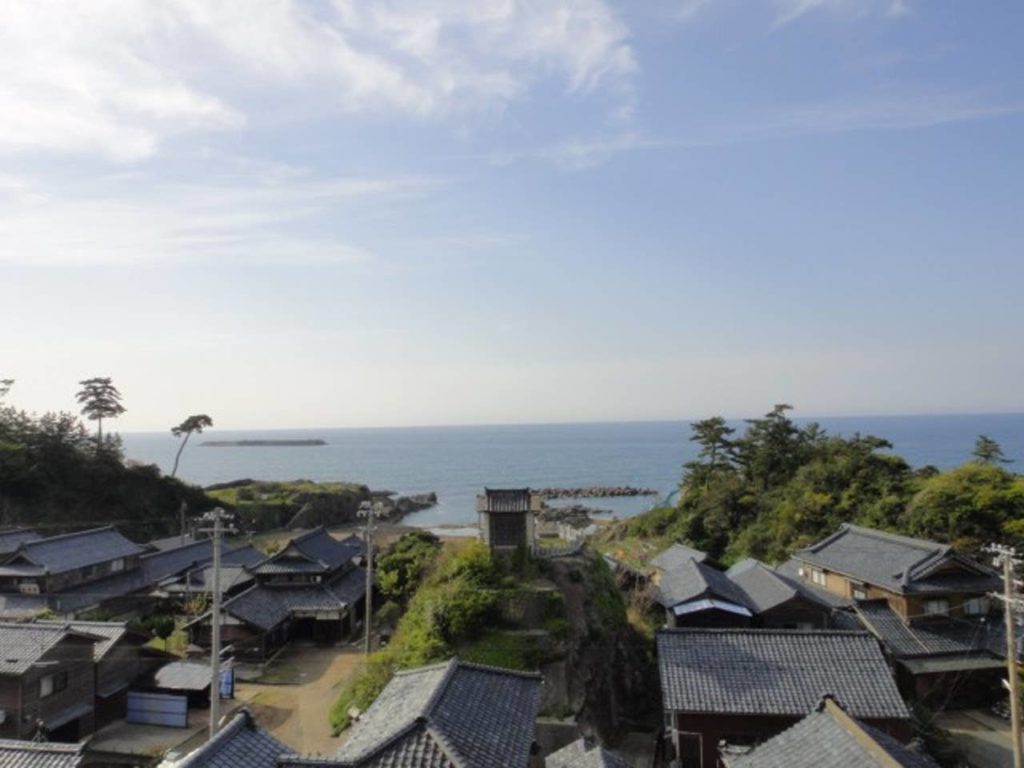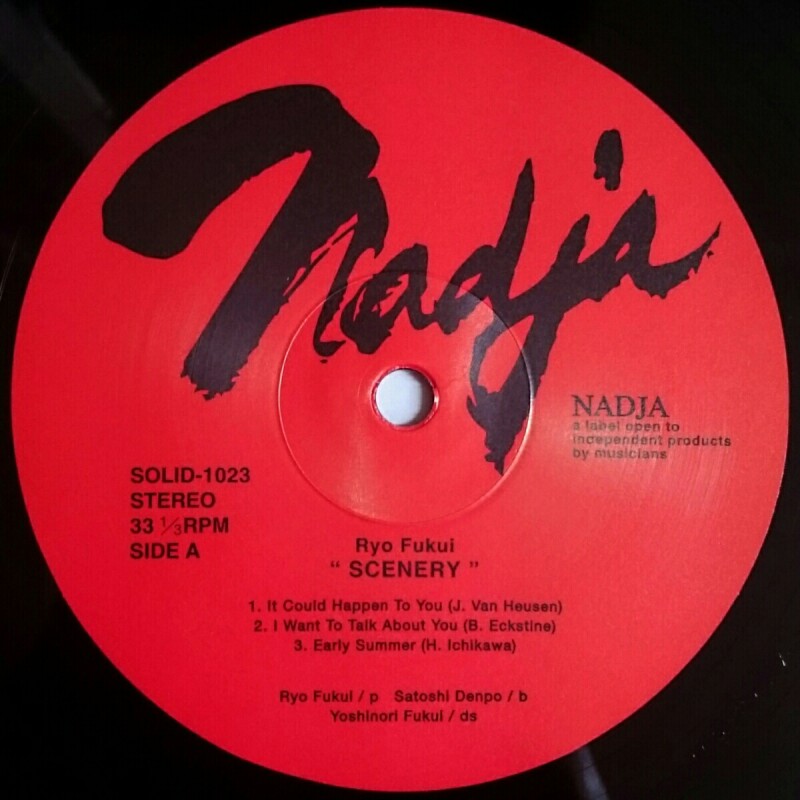

Stylistically, Ryo Fukui sometimes sounds like Bill Evans, and especially during the energetic modal rework of Early Summer. Other times, he plays with speed and energy, and isn’t afraid to improvise and innovate. However, the twenty-eight year old pianist who had only been playing for six years by the time he recorded Scenery, plays with maturity that belies his relative inexperience.įor much of the time, his playing is smooth, subtle and effortless as his fingers glide and flit across the piano keyboard as he plays with fluidity ensuring the songs swing. This isn’t easy given who often these tracks had been recorded by 1976.


It was a similar case on I Want To Talk About You, Willow Weep For Me and Autumn Leaves where with the help of drummer Yoshinori Fukui and bassist Satoshi Denpo, pianist Ryo Fukui ensures that these classics take on new life and meaning. Ryo Fukui opens his 1976 debut album Scenery with It Could Happen To You, which was the first of four oft-covered classics that he set about reinventing. Despite receiving widespread critical acclaim in Japan, Scenery passed American jazz fans by, and they missed out on hearing what was a remarkable debut album. Scenery was released in late 1976, and was regarded as an important album by Japanese jazz critics, who called the album a game-changing release that was one of the finest of the seventies. This was how countless classic albums had been recorded during the fifties and sixties. Taking charge of production were Masataka Ito and Ryo Fukui who worked well together, and Scenery like many jazz albums was recorded quickly, with just a day spent laying down the tracks. The recording of Scenery took place at Yamaha Hall, Sapporo, on the ‘7th’ of September 1976, pianist Ryo Fukui leading a trio that featured drummer Yoshinori Fukui and bassist Satoshi Denpo. These tracks became Scenery, which Ryo Fukui planned to record at Yamaha Hall, Sapporo.

This included Jimmy Van Heusen and Johnny Burke’s It Could Happen To You, Billy Eckstine’s I Want To Talk About You, Hideo Ichikawa’s Early Summer, Ann Ronell’s Willow Weep For Me and Joseph Kosma and Jacques Prévert’s Autumn Leaves. Ryo Fukui had also just signed to Trio Records, and was preparing to record his debut album Scenery, which is a reminder of a remarkable musician.įor his debut album Ryo Fukui had written the title-track Scenery, and the rest of the album comprised cover versions.
SCENERY FUKUI PROFESSIONAL
So much so, that the self-taught pianist was good enough to embark upon a career as a professional musician, playing the music that he loved…jazz.Īs September 1976 dawned, twenty-eight year old Ryo Fukui was living in Sapporo, where he led his own trio who were a familiar sight in local jazz clubs. If Ryo Fukui’s friends thought that his decision to teach himself to play the piano was bound to end in tears, they were soon proved wrong as he turned out to be a talented pianist. Instead, Ryo Fukui had just turned twenty-two in 1970, when he announced that he wanted to learn to play the piano, and was going to teach himself. Ryo Fukui, who was born in Biratori, Hokkaido, in Japan, on the ‘1st’ of June 1948, was a late starter when it came to the piano and unlike most of the musicians he encountered during a career that spanned five decades, had never learnt to play the instrument as a child.


 0 kommentar(er)
0 kommentar(er)
